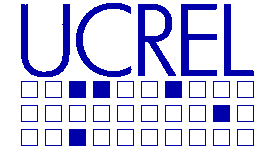
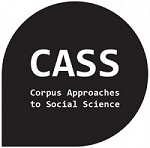
Corpora and Discourse International Conference
Lancaster University, UK – 22nd to 24th June 2018
We are delighted to announce the following plenary lectures at CAD 2018:
- Making a patchwork quilt or Frankenstein's monster? Interdisciplinarity and collaboration in CADS
Amanda Potts (Cardiff University) - Digital trust, drugs and the extreme far right: Too much for CADS?
Nuria Lorenzo-Dus and Matteo Di Cristofaro (Swansea University) - Blind Spots and Dusty Corners: (self)-reflections on partiality in corpus & discourse studies
Charlotte Taylor (University of Sussex) and Anna Marchi (University of Bologna)
Making a patchwork quilt or Frankenstein's monster? Interdisciplinarity and collaboration in CADS
Amanda Potts (Cardiff University)
Interdisciplinarity is all the rage; in conference calls, grant applications, and job interviews, scholars are increasingly asked to detail the ways in which their work crosses disciplinary boundaries. This seems to support a tacit belief that interdisciplinary work is incontrovertibly ‘better’. But is this always the case? Collaboration is an art form, and crossing disciplines can mean losing language and focus, as well as generating misunderstandings around disciplinary cultural ‘norms’. While collaborating with teams, individual scholars may feel that their individual voices are muffled or their areas of interest are not adequately (or fairly) represented. When work is complete, it can be difficult to place for grants, journals, and conferences. CADS is, in itself, an interdisciplinary field and finds itself in many intersections with other disciplines. This gives us a unique vantage point from which to consider the potential strengths and pitfalls of interdisciplinary collaboration.
In this talk, I will discuss the ways that I and others have integrated interdisciplinary voices into CAD scholarship, including: guidance on sampling; interpretation of results; and triangulation of findings using alternative frameworks. Examples will be presented from my latest work, which has been in collaboration with social media content creators and with jurists. I will talk about the strengths and limitations (as I see them) of taking interdisciplinary approaches to these data and the lessons that I am still learning about working in a team without losing one’s hard-fought disciplinary identity.

Amanda Potts is a Lecturer in the Centre for Language and Communication Research at Cardiff University. Her specialism is in corpus-based critical discourse analysis of representations of identity in texts and topics in public and professional communication, most recently: (social) media discourse, medical communication, and language of the law.
Digital trust, drugs and the extreme far right: Too much for CADS?
Nuria Lorenzo-Dus and Matteo Di Cristofaro (Swansea University)
In this presentation we will describe a research programme that uses CADS as an interdisciplinary methodology in order to explore one of the most widely debated and complex questions of our digital society: how do individuals and groups seek to generate trust in digital environments? Two case studies are selected to this end. The first is selling and buying drugs in the Dark Net, specifically in the flagship crypto-drug market Silk Road. The second is promoting extreme far-right values via Facebook and Twitter by the groups Reclaim Australia and Britain First. Whilst clearly different in terms of the activities performed and the digital platforms used, both case studies centrally involve attempts at generating trust discursively. In crypto-drug markets, users seek to enhance their reputation within a highly competitive, extra-judicial environment by, for instance, offering advice about avoiding being scammed by other users. Similarly, the extreme far right groups Britain First and Reclaim Australia use social media posts to mobilise a range of themes across domains as varied as food certification and vaccines in order to inculcate and create a sense of trustworthiness in their values, while delegitimising those of their perceived enemies.
In addition to presenting the key results of our case studies, our talk will include a (self-) critical reflection of what working with digital corpora entails from a technical and analytic perspective. Language data from digital environments are tied to the 'structure' of the platform through which they are published on the web. Creating a corpus of such data involves understanding this structure, which differs from platform to platform and which has a direct influence on both how the corpus tools can be used and on the language analysis itself. Through our case studies, we will reflect on how corpus linguistics methodologies may overcome the complexities of digital datasets as well as the current limitations faced. Finally, our presentation will reflect upon the challenges and opportunities of integrating CADS methods and policy-making and law enforcement practical needs.
Nuria Lorenzo-Dus is Dean of Postgraduate Research and Professor of Applied Linguistics at Swansea University. Her research uses interdisciplinary research methods that keep CADS at its core. Her current research examines digital discourses of trust and influence (ab)use, focusing on illegal contexts such as child sexual exploitation, crypto-drug markets and cyber-terrorism.
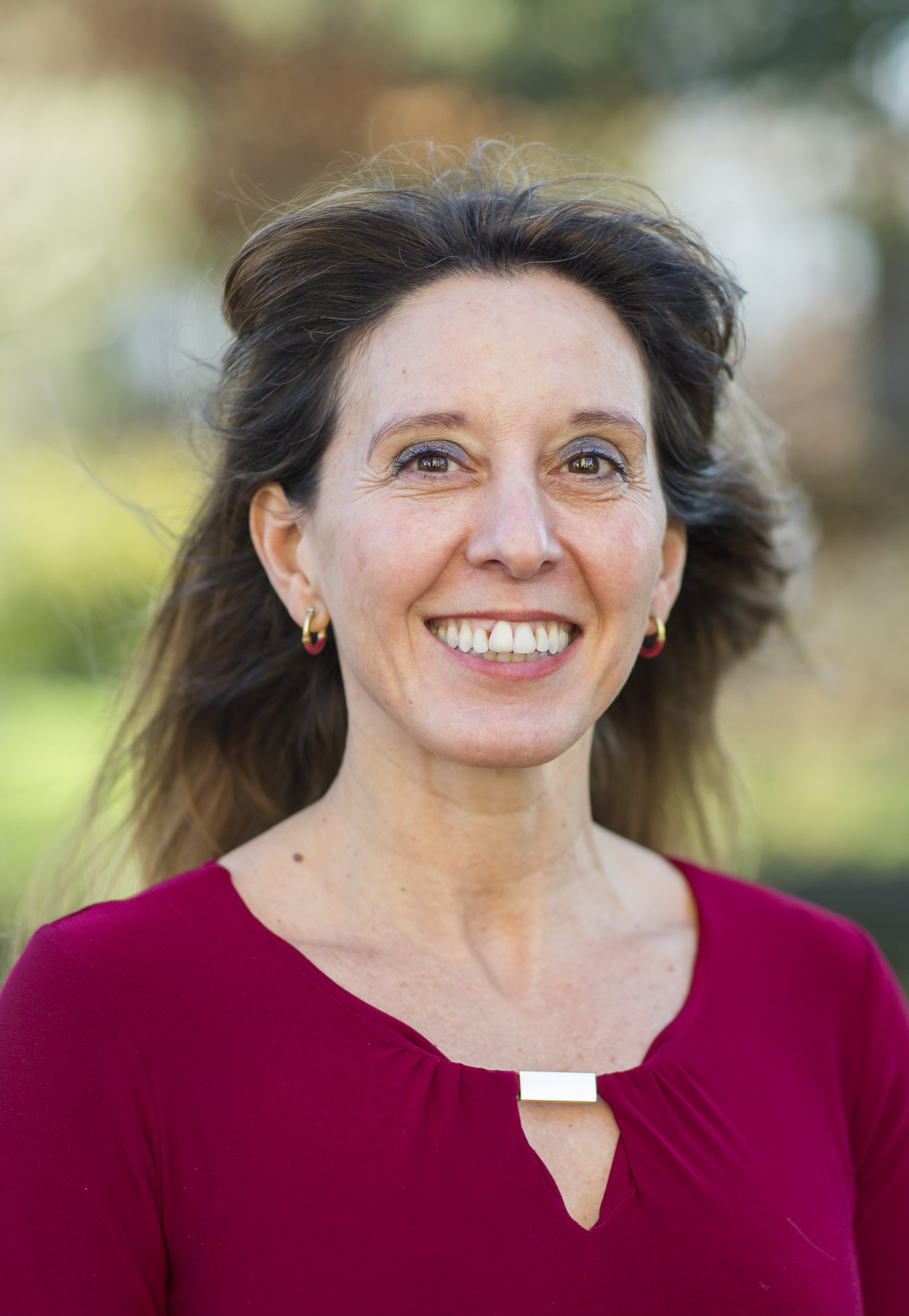
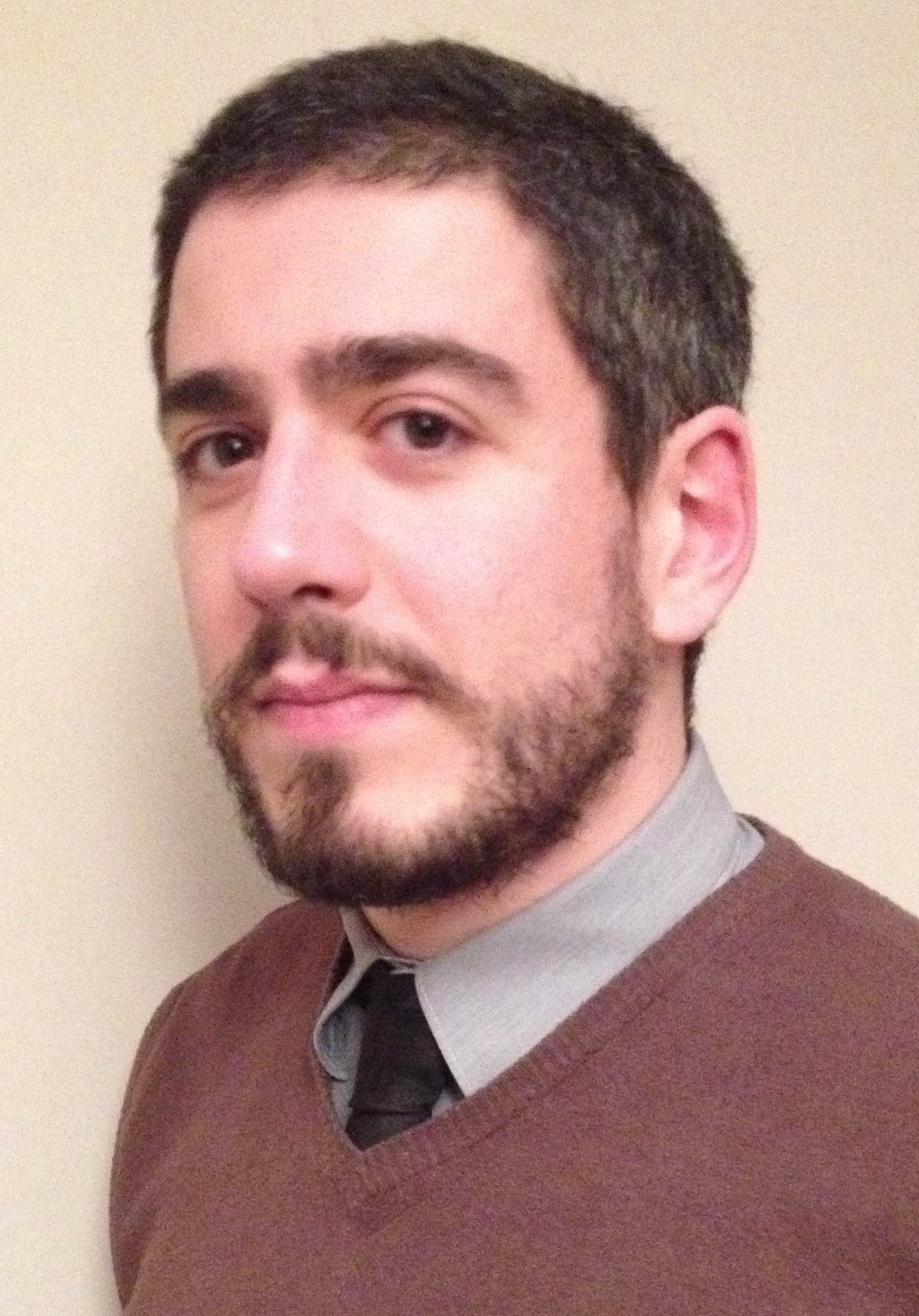
Matteo Di Cristofaro is a researcher at Swansea University (College of Law and Criminology). His main areas of expertise are Corpus Linguistics and Cognitive Linguistics, which he employs to develop both academic and non-academic application of linguistic approaches, in particular Corpus-Assisted Discourse Studies. He has applied these methodologies to the analysis of Far-Right propaganda on social media, and of radicalisation narratives in Islamic extremist groups online magazines. In the linguistics field he is mostly interested in cognition and language change: He has recently worked on the analysis of cognitive processes (Resonance, Entrenchment Inhibition) involved in language creativity, and is currently researching on the diachronic evolution of epistemicity and evidentiality in Italian.
Blind Spots and Dusty Corners:(self)-reflections on partiality in corpus & discourse studies
Charlotte Taylor (University of Sussex) and Anna Marchi (University of Bologna)
In this talk we address the issue of partiality in corpus & discourse studies. The combination of corpus linguistics and discourse analysis, in its varied forms, has become an established research enterprise, as celebrated in this conference. One of the assumed added values of this match is that greater objectivity is achieved through the use of corpora and corpus tools. However we find the focus on objectivity problematic: each and every step of the analysis affects the outcome of research and it seems relevant, as C&D studies come of age, to revisit our methodological and epistemological assumptions. The partiality we discuss refers to both the potential incompleteness of research and to potential bias or influence: the 'dusty corners' and the 'blind spots' of the title. Dusty corners are the neglected aspects of analysis, for instance the tendency to ignore what is absent in the data or the emphasis on differences at the expense of similarities. The blind spots are those aspects that, by being unseen, may inadvertently impact on the results, for example data segmentation, visualisation or choice of metrics. We’re not setting out to provide all the answers, but to raise a series of questions and provoke greater awareness of the implications of methodological choices and research practices. Since all research, no matter whether it is framed as theory-driven or data-driven, is necessarily and foremost researcher-driven, we argue that self-reflexivity should be an essential aspect of our work.

Charlotte Taylor is Senior Lecturer in English Language & Linguistics at the University of Sussex. Her research centres around language and conflict and she is particularly interested in theoretical-methodological issues of how we combine (critical) discourse studies and corpus linguistics. Her publications include Corpus approaches to discourse: a critical review (2018, co-edited with Anna Marchi), Exploring Silence and Absence in Discourse: Empirical Approaches (2018, co-edited with Melani Schroeter), Mock Politeness in English and Italian: A corpus-assisted metalanguage analysis (2016), and Patterns and Meanings in Discourse: Theory and Practice in Corpus-Assisted Discourse Studies (2013, co-authored with Alan Partington & Alison Duguid).
Anna Marchi is an adjunct lecturer at the University of Bologna and collaborated with the Universities of Siena, Cardiff, Swansea and Lancaster. Her research interests are in the area of methodology of corpus linguistics and discourse analysis, news discourse and linguistic approaches to journalism studies. She is currently preparing a monograph for Routledge: Self-reflexive Journalism: A Corpus Study of Journalistic Culture and Community in The Guardian.
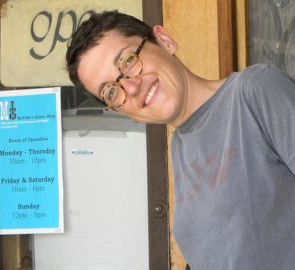
Follow @cadconf2018 – #cadconf2018